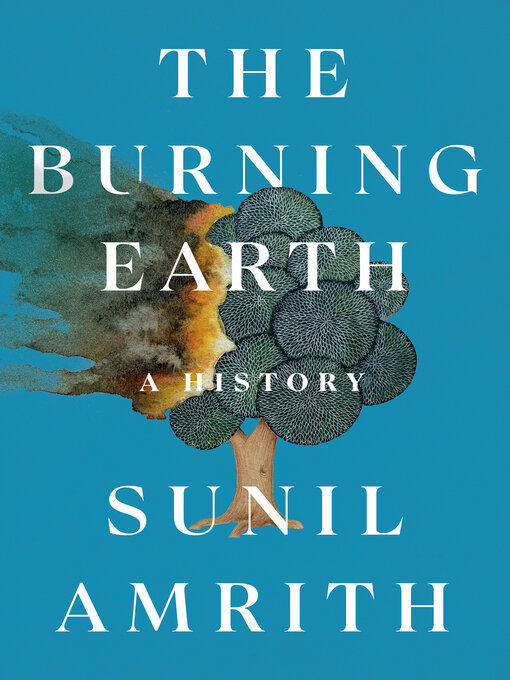Winner of the 2025 Dayton Literary Peace Prize for Nonfiction
Longlisted for the 2025 PEN/E.O. Wilson Literary Science Writing Award
One of The New Yorker's "Essential Reads" of 2024 • One of NPR's "Books We Love" for 2024
"[An] epic exploration of human innovation and destruction." —Josie Glausiusz, Nature
A brilliant, paradigm-shifting global history of how humanity has reshaped the planet, and the planet has shaped human history, over the last 500 years.
In this magisterial book, historian Sunil Amrith twins the stories of environment and Empire, of genocide and eco-cide, of an extraordinary expansion of human freedom and its planetary costs. Drawing on an extraordinarily rich diversity of primary sources, he reckons with the ruins of Spanish silver mining in Peru, British gold mining in South Africa, and oil extraction in Central Asia. He explores the railroads and highways that brought humans to new terrains of battle against each other and against stubborn nature. Amrith's account of the ways in which the First and Second World Wars involved the massive mobilization not only of men, but of other natural resources from around the globe, provides an essential new way of understanding war as an irreversible reshaping of the planet. So too does this book reveal the reality of migration as consequence of environmental harm.
The imperial, globe-spanning pursuit of profit, joined with new forms of energy and new possibilities of freedom from hunger and discomfort, freedom to move and explore, has brought change to every inch of the Earth. Amrith relates in gorgeous prose, and on the largest canvas, a mind-altering epic—vibrant with stories, characters, and vivid images—in which humanity might find the collective wisdom to save itself.

